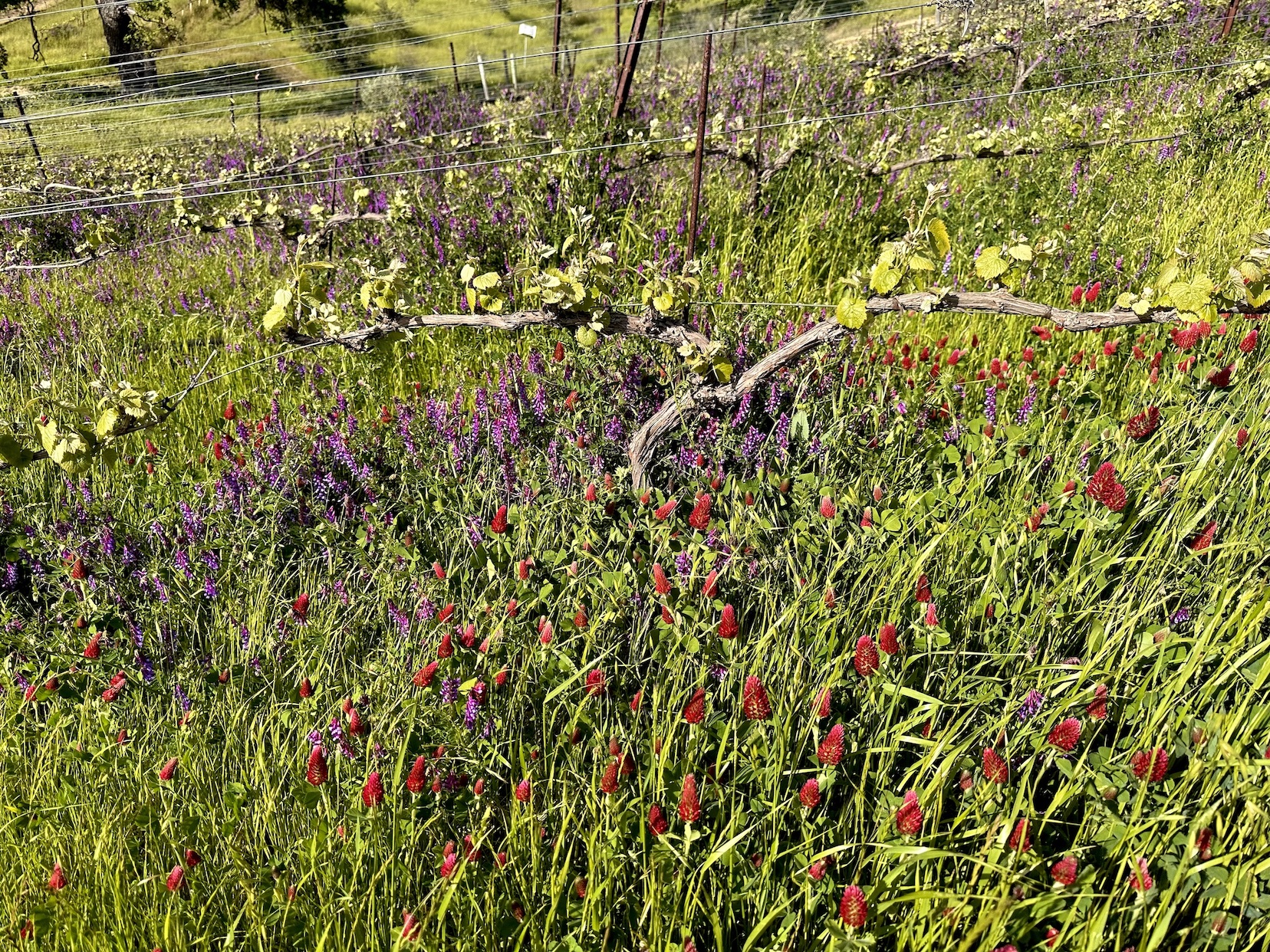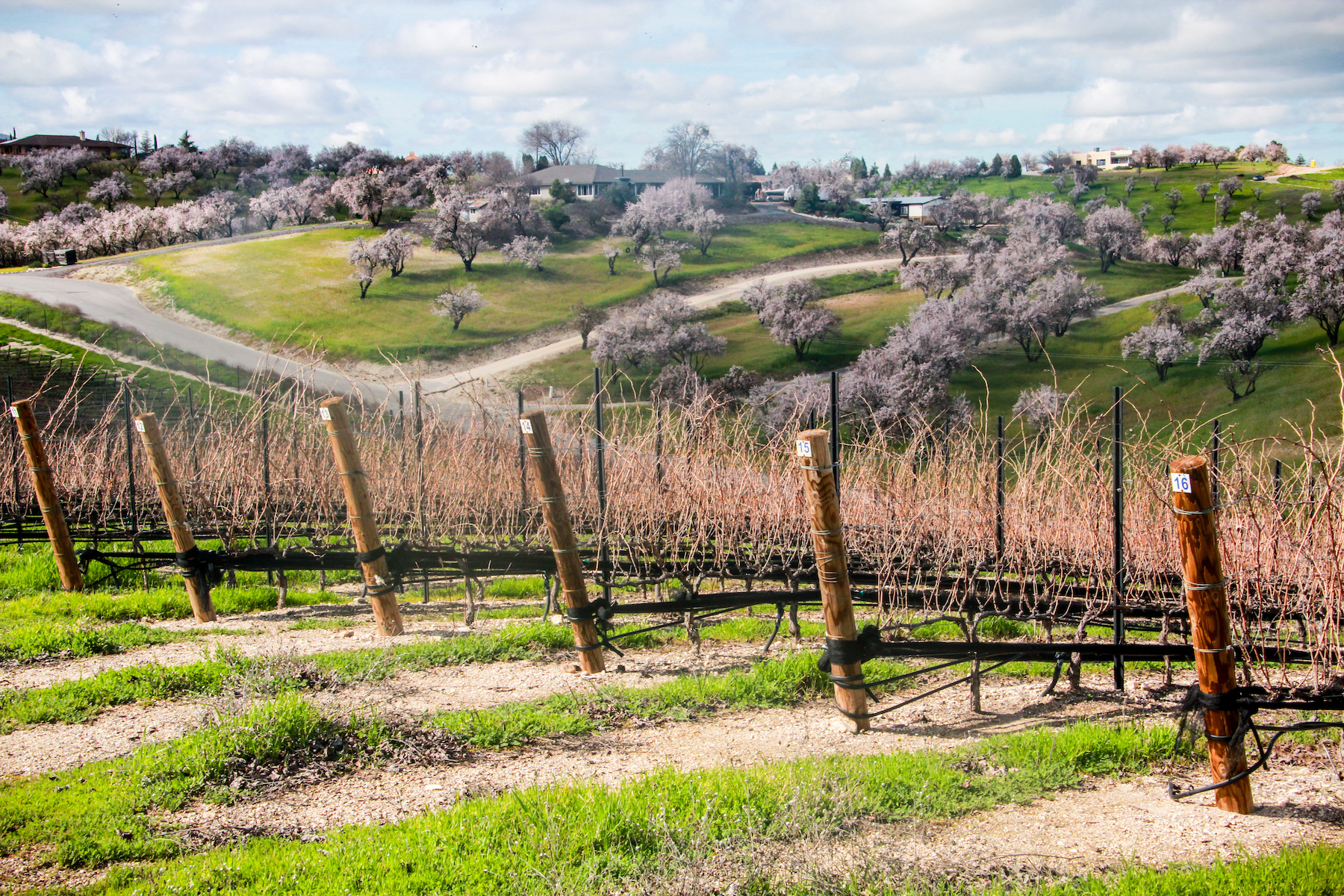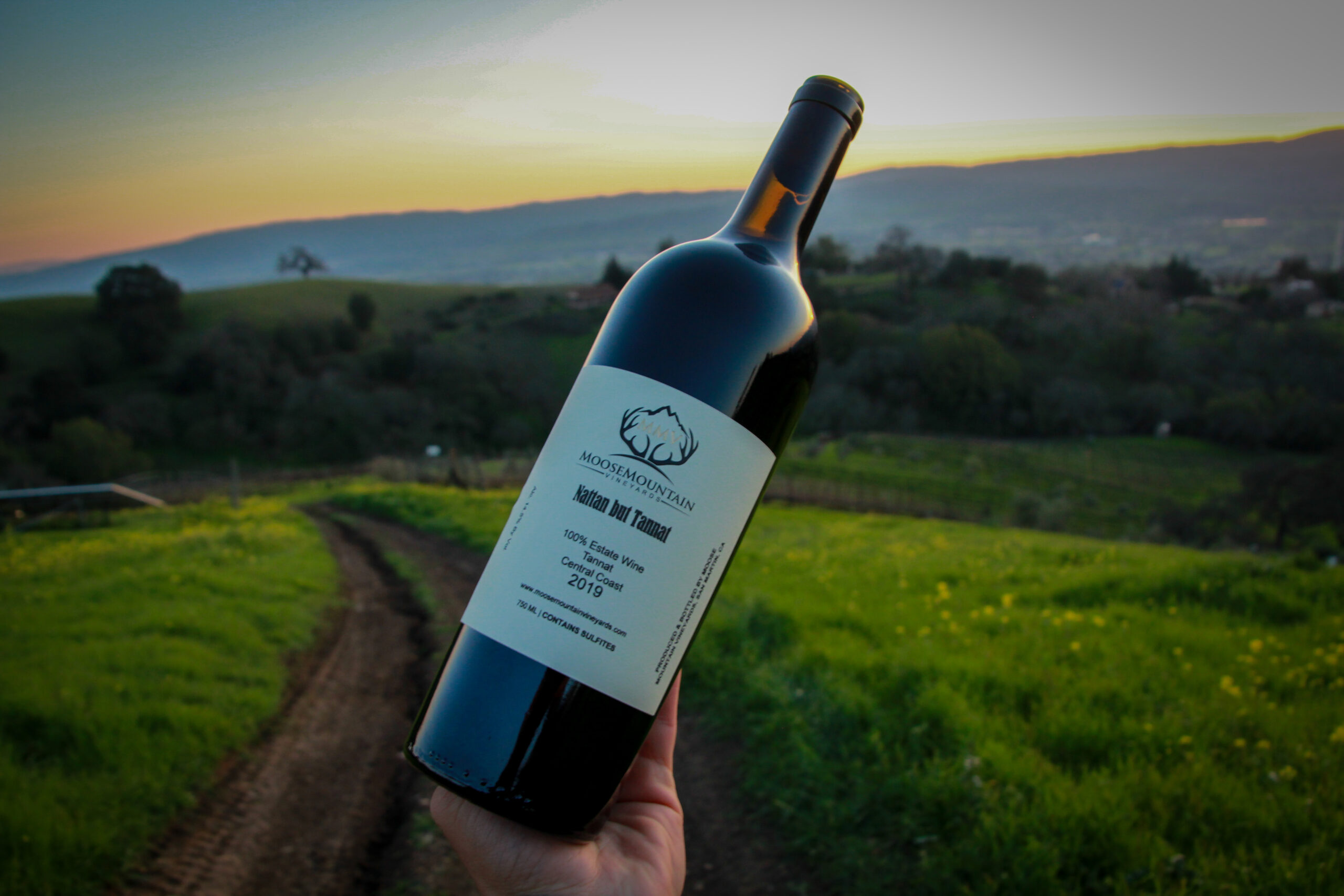Barley & Mustard & Vetch, Oh My!
Using cover crops at Moose Mountain Vineyards offers several environmental benefits, making it a sustainable and planet-friendly agricultural practice. Here are some of the reasons why using cover crops at Moose Mountain is beneficial for the planet:

- Soil Erosion Prevention: Cover crops provide a protective barrier over the soil, reducing erosion caused by wind and water. This helps to maintain soil structure and prevent the loss of valuable topsoil, which is essential for long-term vineyard sustainability.
- Enhanced Soil Health: Cover crops can improve soil health by adding organic matter to the soil when they decompose. This organic matter increases soil fertility, enhances water retention, and promotes beneficial microbial activity. Healthy soils are more resilient to stress and require fewer synthetic inputs like fertilizers and pesticides.
- Reduced Chemical Inputs: By improving soil health and biodiversity, cover crops can reduce the need for chemical fertilizers, herbicides, and pesticides in the vineyard. This reduces the environmental impact of these chemicals, including their potential runoff into nearby water bodies.
- Carbon Sequestration: Certain cover crops, like legumes and grasses, capture and store carbon dioxide from the atmosphere in their biomass and root systems. This contributes to carbon sequestration, helping to mitigate climate change by reducing greenhouse gas levels.
- Biodiversity and Habitat Support: Cover crops create a more diverse ecosystem within the vineyard, attracting beneficial insects, pollinators, and other wildlife. This increased biodiversity can help control pests and reduce the need for chemical interventions. It also provides habitat for wildlife, supporting overall ecosystem health.

- Water Quality Improvement: Cover crops can help filter and purify rainwater as it percolates through the soil, reducing the potential for pollution in groundwater and nearby water bodies. This is especially important in regions where vineyards are near sensitive ecosystems or water sources.
- Temperature Regulation: In regions with extreme temperatures, cover crops can help regulate soil temperature, reducing the risk of frost damage to vines in the winter and excessive heat stress in the summer.
- Disease Suppression: Some cover crops, like certain mustard species, can suppress soil-borne pathogens and nematodes, reducing the need for chemical treatments to control diseases.
- Improved Grape Quality: Cover crops can enhance grape quality by regulating vine vigor, improving fruit composition, and reducing yield variability. This can lead to better-tasting grapes and wines, ultimately benefiting both vineyard owners and consumers.
- Long-Term Sustainability: By maintaining soil fertility and health, cover crops contribute to the long-term sustainability of the vineyard, ensuring that it remains productive and viable for future generations.
In summary, using cover crops in our vineyards is a sustainable agricultural practice that offers numerous environmental benefits. It helps protect the soil, reduce chemical inputs, sequester carbon, support biodiversity, and improve overall vineyard health, making it a beneficial choice for the planet.



